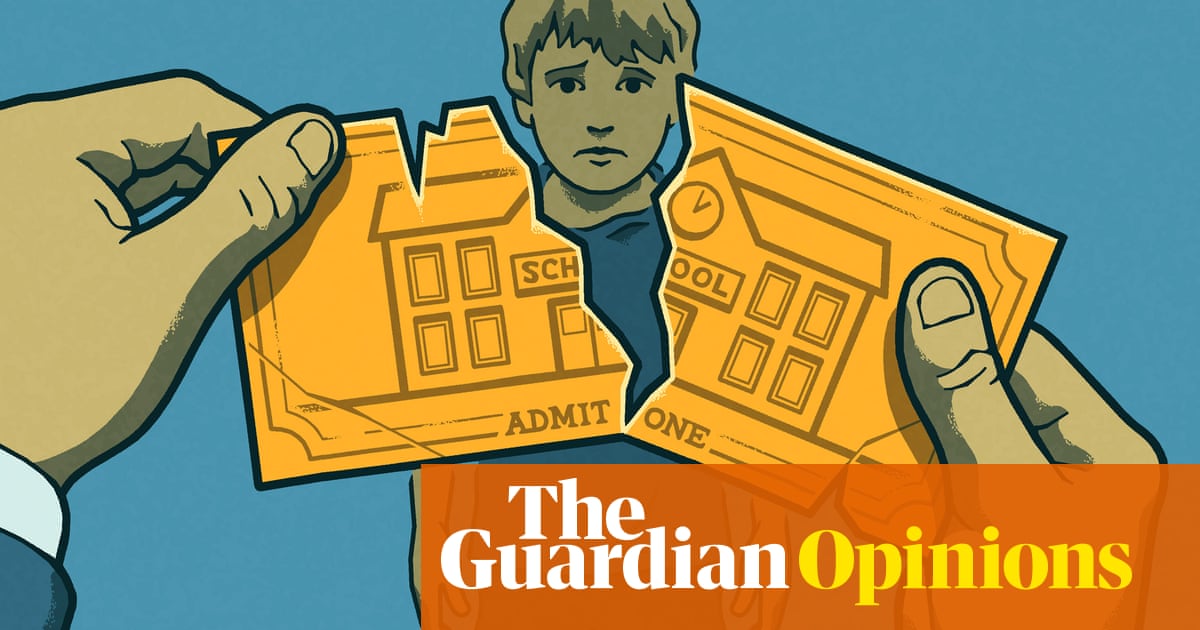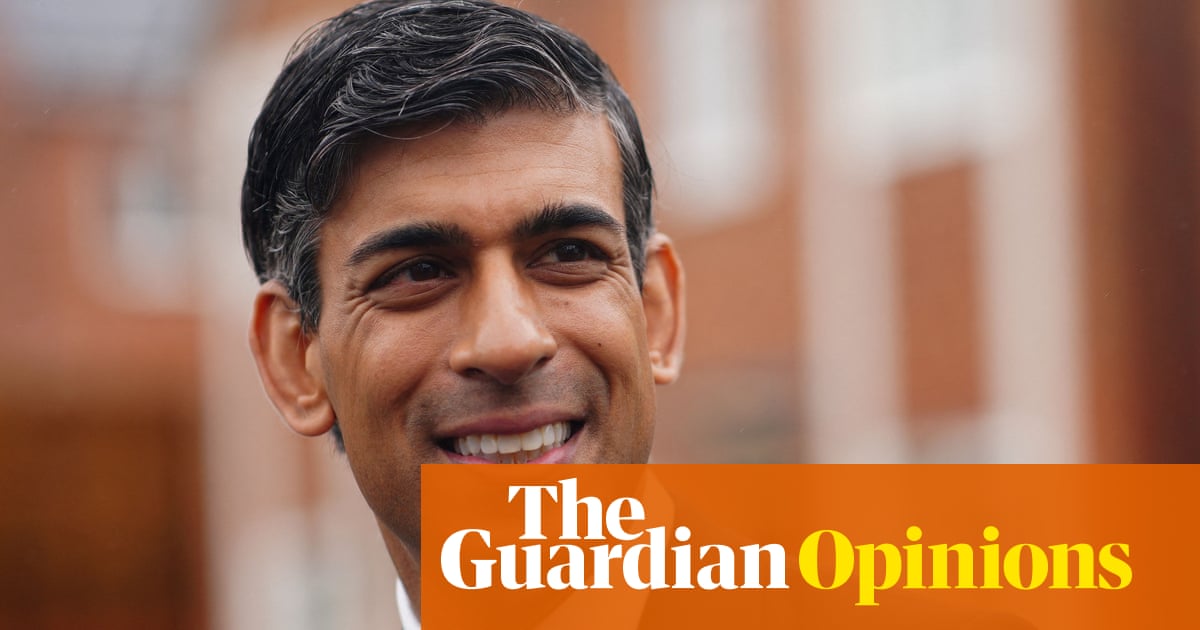
For those who watch these things, the departure of Sir Mark Sedwill as cabinet secretary and chief security adviser followed a now familiar and depressing pattern.
Weeks of anonymous hostile briefing to the newspapers, suggesting a rift between the country’s most senior civil servant and No 10 staff over the handling of coronavirus, had risen to a crescendo, ending with a hastily arranged statement. In Sedwill’s case, the final exchange of letters between him and the prime minister was reasonably friendly and he will soon be joining me on the cross benches in the House of Lords. In the case of Sir Philip Rutnam, who resigned from his role as the Home Office’s chief civil servant in February, the departure was much more fiery and we still await the outcome of an employment tribunal over claims of constructive dismissal.
In case it gets forgotten in the next news cycle it needs to be said loud and clear that this way of doing business, involving anonymous briefings to the media about individual civil servants, is cowardly, unfair and undermining. Civil servants themselves are simply not in a position to respond – such briefings damage not just the person affected, but also the relationship of trust generally between government ministers and civil servants. Ultimately everyone knows where such malicious briefings come from and it is within the prime minister’s powers to stop them.
As well as specific briefing against Sedwill though, there has been another even more unpleasant line of attack: the performance of the whole civil service during the pandemic has apparently been judged and found wanting. Boris Johnson’s chief adviser, Dominic Cummings, who has long been hostile to the civil service, was reported saying last week that “a hard rain is coming” for them.
During this crisis, there have been successes and individual acts of heroism, but some serious errors have indeed been made in the UK’s handling of the pandemic. Preparations for such an outbreak were inadequate, the government was too slow to impose a lockdown, support for care homes was woeful, and the vital test, trace, isolate and support programme has taken far too long to get up and running. The human consequences of these errors have been terrible.
Johnson’s government is acutely aware of these shortcomings and recent briefings suggest that it is attempting to lay the blame on civil servants and expert advisers. This is deeply unfair and demoralising to people who have worked so hard to do the right thing. Over time there will undoubtedly be lessons to learn for everyone involved, but ultimately government must take responsibility for what has happened.
What is urgently needed now is an independent inquiry to look at the facts. It should work at pace and deliver its findings within months, not years. It is essential that we learn properly and fairly from what has happened. An independent review can look at the role ministers, officials and advisers have played: for example, what impact did Cummings’ own behaviour during the lockdown have on public trust and therefore willingness to abide by the rules?
Governments on the whole don’t like independent inquiries. They worry that “hard rain”, to use Cummings’ phrase, might actually fall on them. Given the enormous damage that Covid-19 has wreaked and the continued risks of a second wave, politicians across all parties should be insisting that a review take place now – not at some future indeterminate date when it will have much less benefit.
Is there room for improvement in the civil service? Of course there is, and no self-respecting civil servant would say otherwise. But independent international comparisons, such as that done by the Blavatnik School of Government, show that there is a lot to be proud of. The government needs to recognise the strengths of the civil service in order to address its weaknesses. Reform is unlikely to go well if the government simply goes to war with it.
Worse still, this government seems to be preparing to use the difficulties of delivering Brexit and the shortcomings in handling the pandemic as reasons for undermining civil servants’ impartiality. There is a pernicious narrative that joins these two issues up and argues for the American model of political appointees in the civil service who would be fully committed to government policy and would drive it through without question. In the age of President Trump I doubt if there are many takers for this. But it could happen by stealth. There needs to a very close scrutiny of what happens next in Whitehall.
• Lord Kerslake is president of the Local Government Association and former head of the civil service and permanent secretary at the Department for Communities and Local Government












